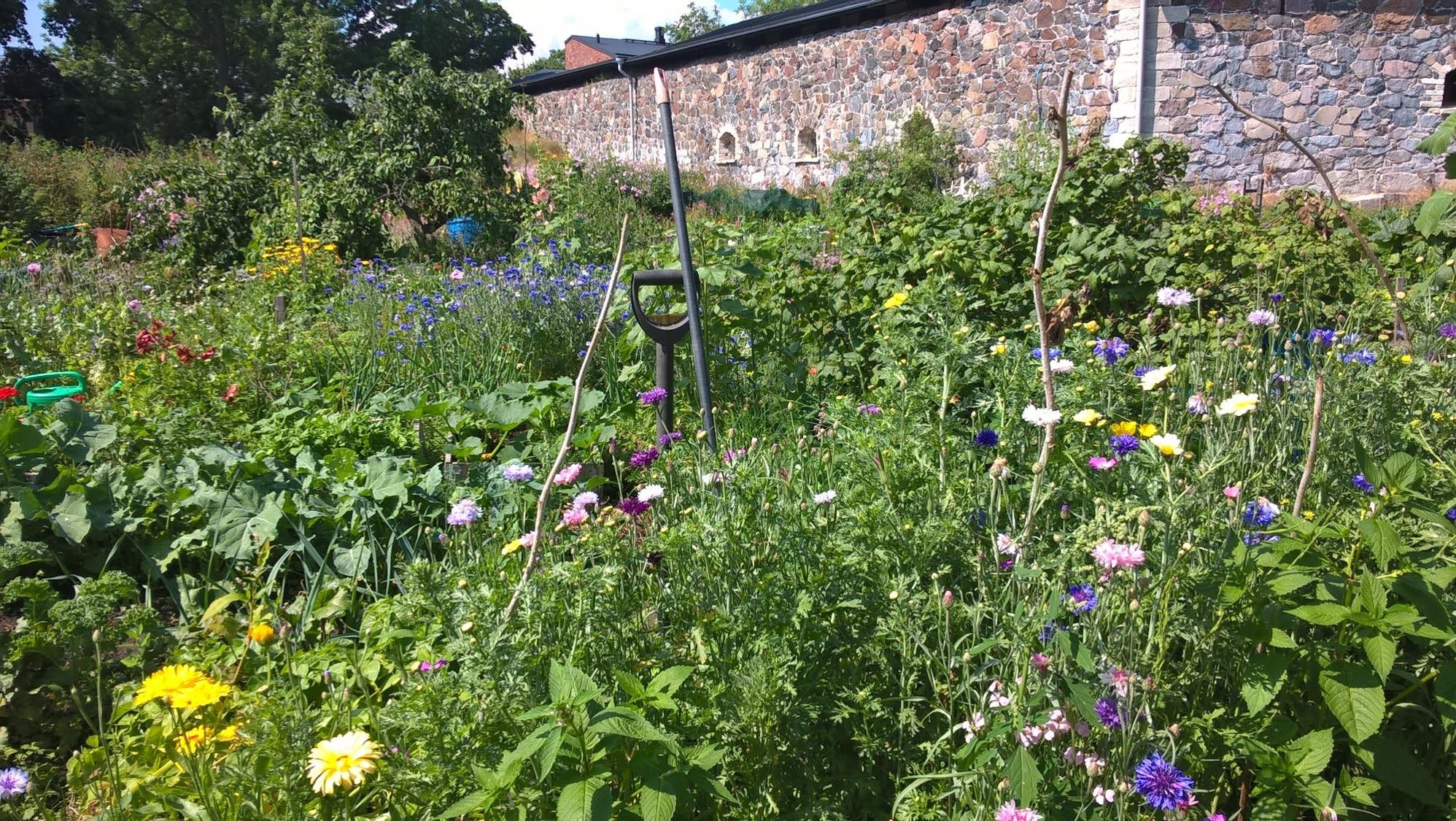
Environmental Standards Scotland should act on local concerns, argues Miriam Ross, coordinator of the Fight for Scotland’s Nature campaign.
When a local beauty spot – a beach, a wood, a hillside – comes under threat, local people are very often its most passionate defenders. Meetings are held, alliances formed, knowledge rapidly acquired and shared, and politicians lobbied in a quest to save a much-loved piece of nature. Instinctively, we know we have both the right to enjoy a healthy environment where we live, and the responsibility to ensure it remains so. For many, the sense of connection to local nature has increased during the pandemic.
It seems extraordinary, therefore, to propose that a new institution being set up to defend Scotland’s natural environment will not be able to act in response to people’s efforts to protect a specific place or environment from harm.
But the Scottish government has done just that, in a bill currently before parliament.
The bill is the EU Continuity Bill, and the institution Environmental Standards Scotland, the new environment watchdog proposed in the bill to replace the crucial role the EU has played in monitoring and enforcing environmental standards.
There is much to welcome in the bill, including the incorporation of key European environmental legal principles into Scots law. And the creation of a new watchdog to fill the gap that would otherwise be left after Brexit is a very positive step, indicating an understanding that governments must be held to account on their compliance with environmental law.
But the new watchdog, as set out in the bill, contains a major omission which would leave Scotland’s people without real recourse to justice on the environment. The new body won’t be able to take action in response to complaints from people who believe that their local environment is at risk due to the failure of the responsible authorities to uphold the law designed to protect it.
In other words, if a local person, a community group or a charity makes a complaint about a decision to pollute a beach, chop down a wood or bulldoze a hillside, Environmental Standards Scotland won’t be able to do anything about it.
Complaints such as these make up the bulk of the European Commission’s environmental work, and so their exclusion belies the Scottish government’s stated intention to ‘replace the system of environmental governance provided by the institutions of the European Union’.
The European system of addressing individual complaints has real value, not least because judgements have often set legal precedents, helping to protect places far beyond the one referred to in the original complaint. And, because the Commission has the power to enforce its judgements, it holds weight with governments: often just the suggestion of a complaint to Europe is enough to persuade the relevant public authority to up its game.
The insufficient degree of independence the new Scottish watchdog is also concerning. The Scottish government is proposing that its own ministers should appoint the senior officials at Environmental Standards Scotland, with little oversight from parliament, calling into question how effectively it will hold that same government to account.
For people in Scotland, the ability to complain to a watchdog that can actually enforce the law becomes even more apparent when you consider the lack of affordable alternatives. The cost of seeking a judicial review is beyond the reach of most citizens, and judicial review can only look at procedural errors rather than examining the merits of the case.
The Scottish parliament is scrutinising the EU Continuity Bill over the next few weeks. The strength or weakness of the new institution it creates is likely to have profound implications far into the future. MSPs have the opportunity to amend the bill to establish a watchdog with the power and independence to defend Scotland’s people and nature, at a time when the challenges we face have never been greater. Now is the time to get it right.
This article was originally published in the Scotsman on 10 November 2020.
